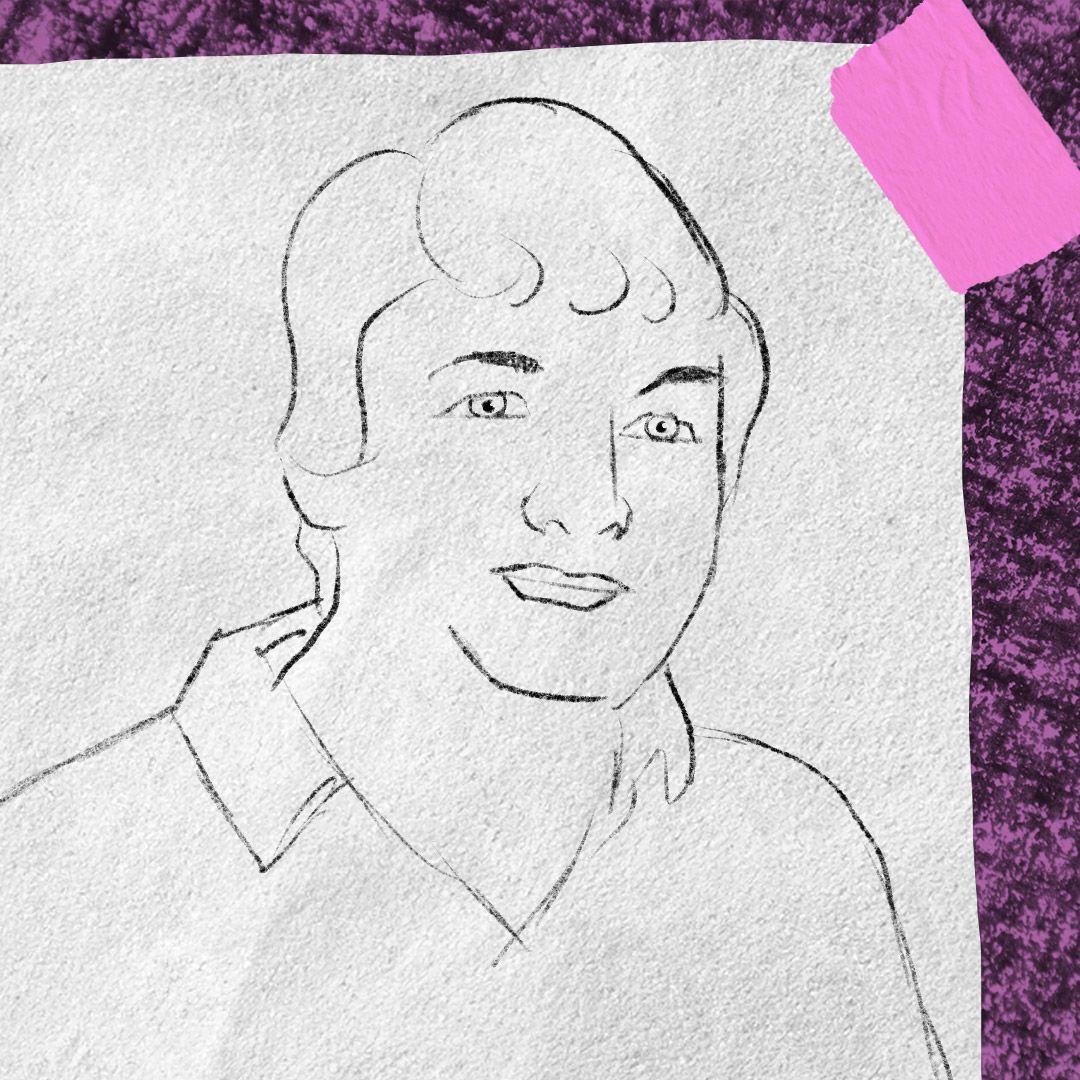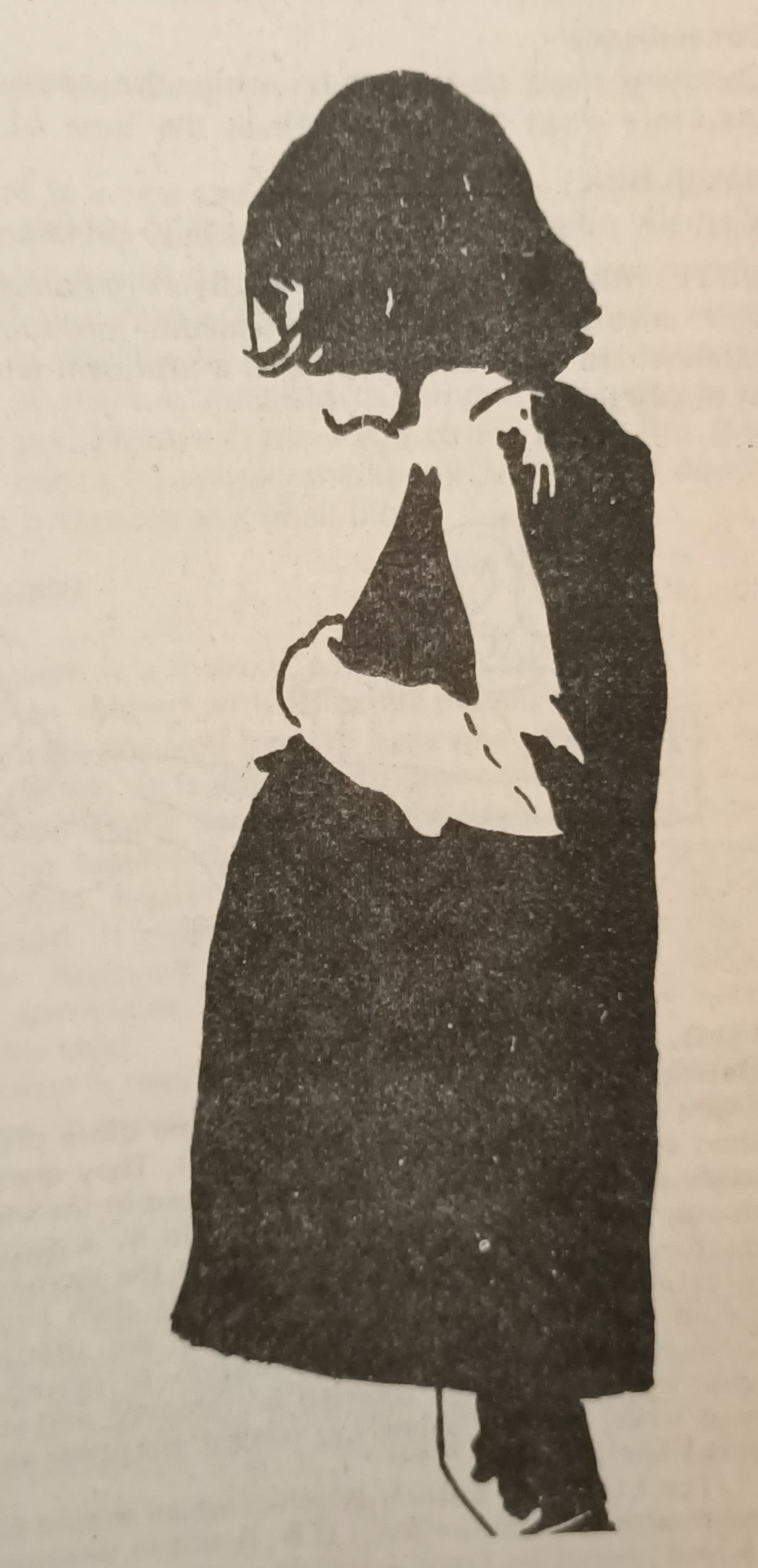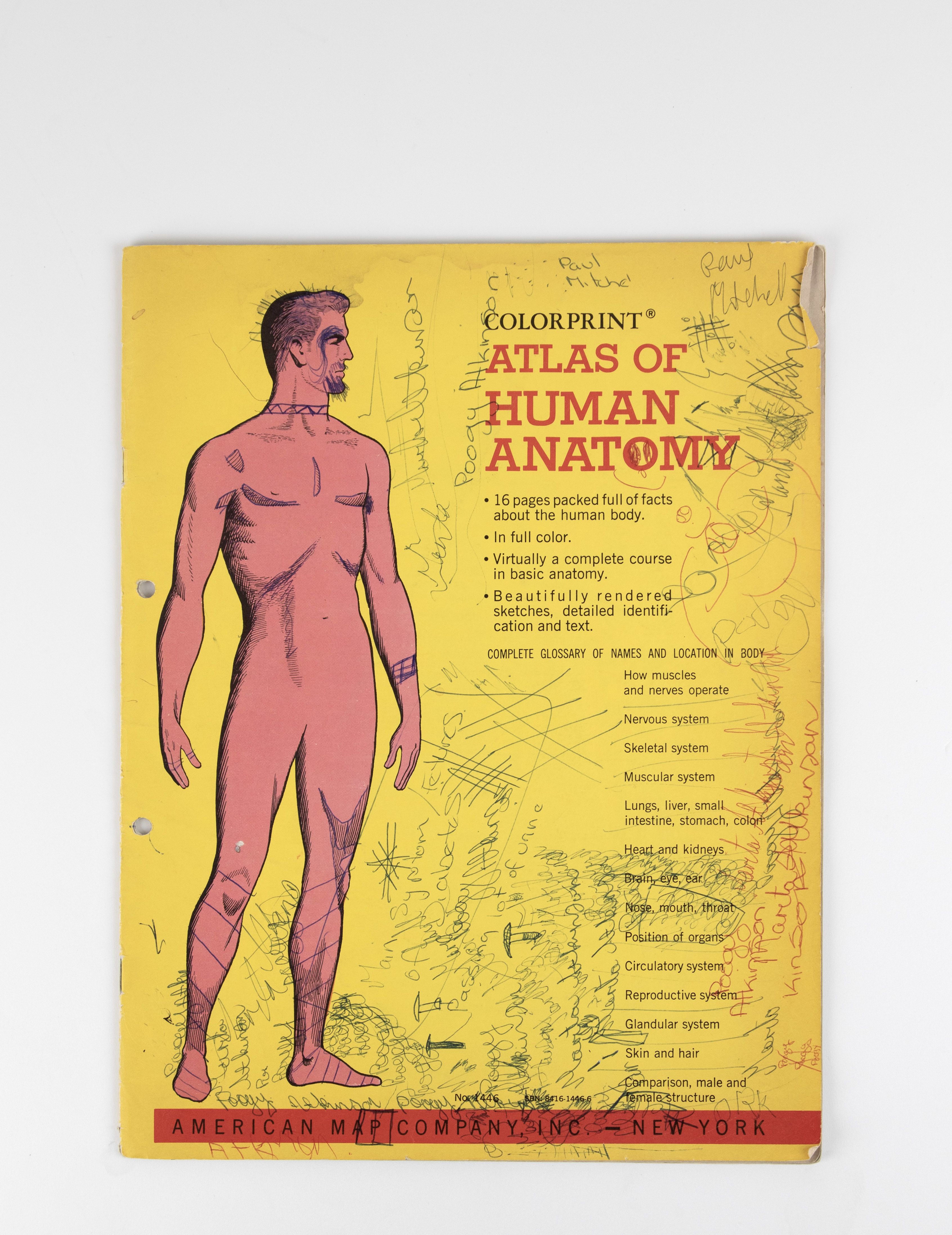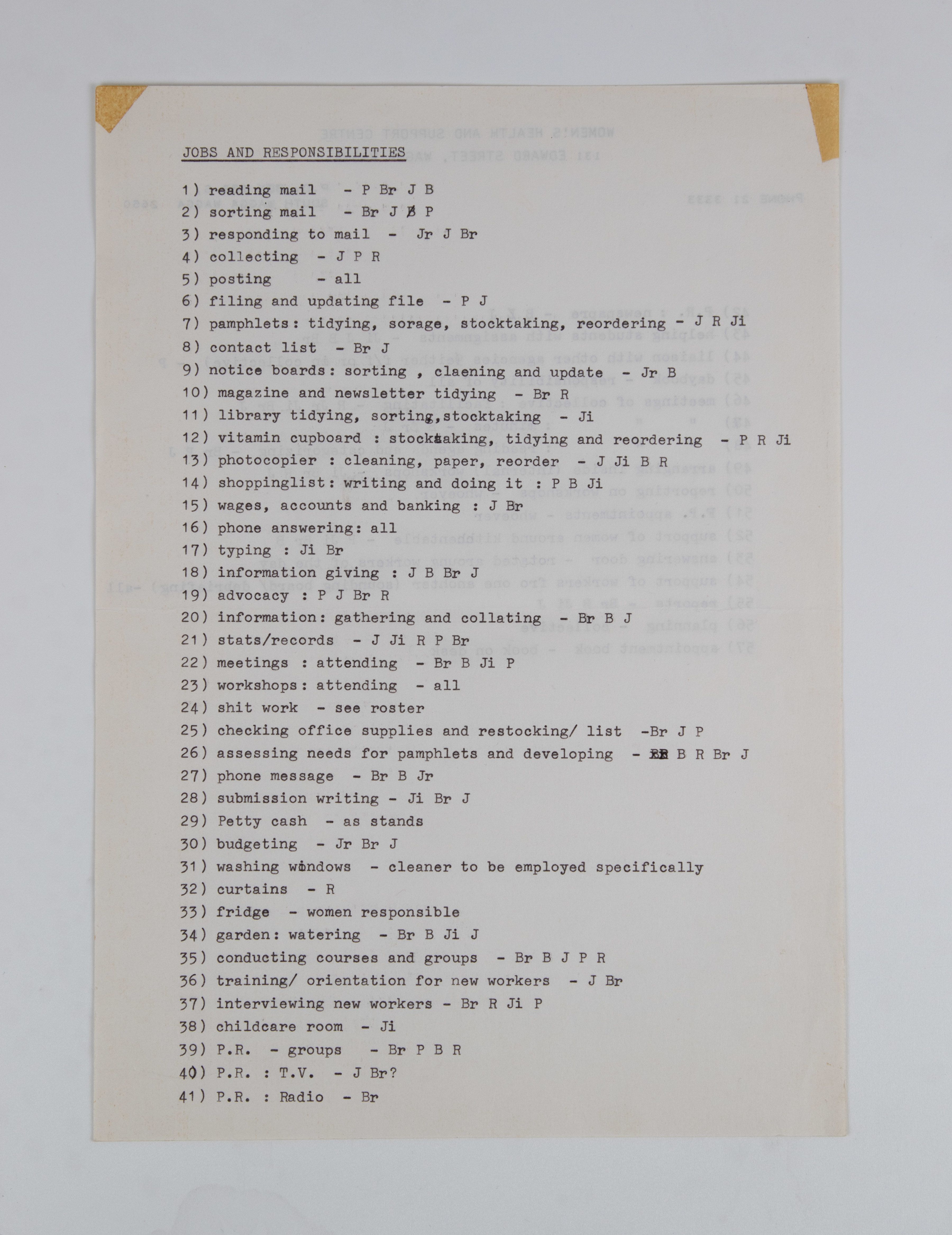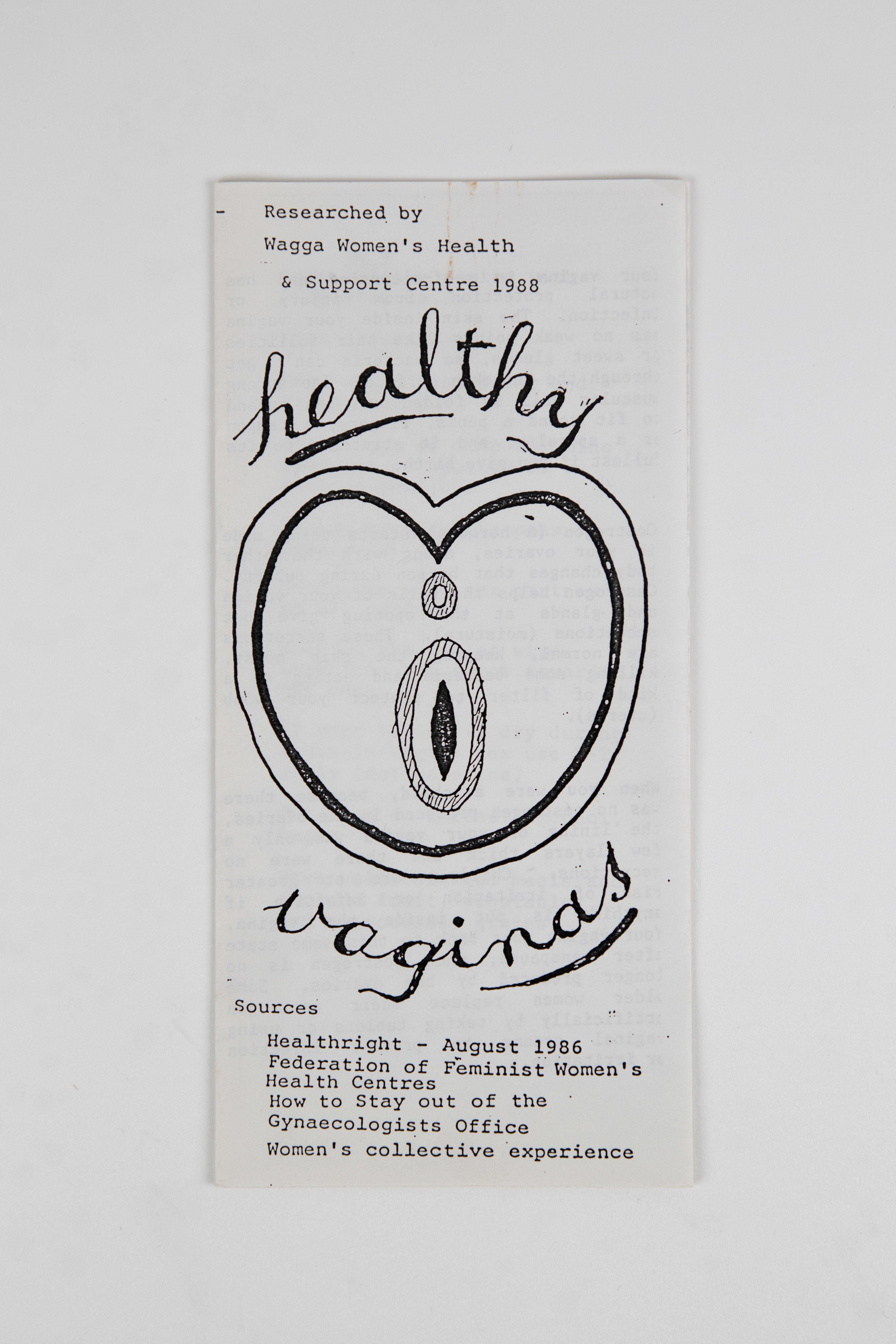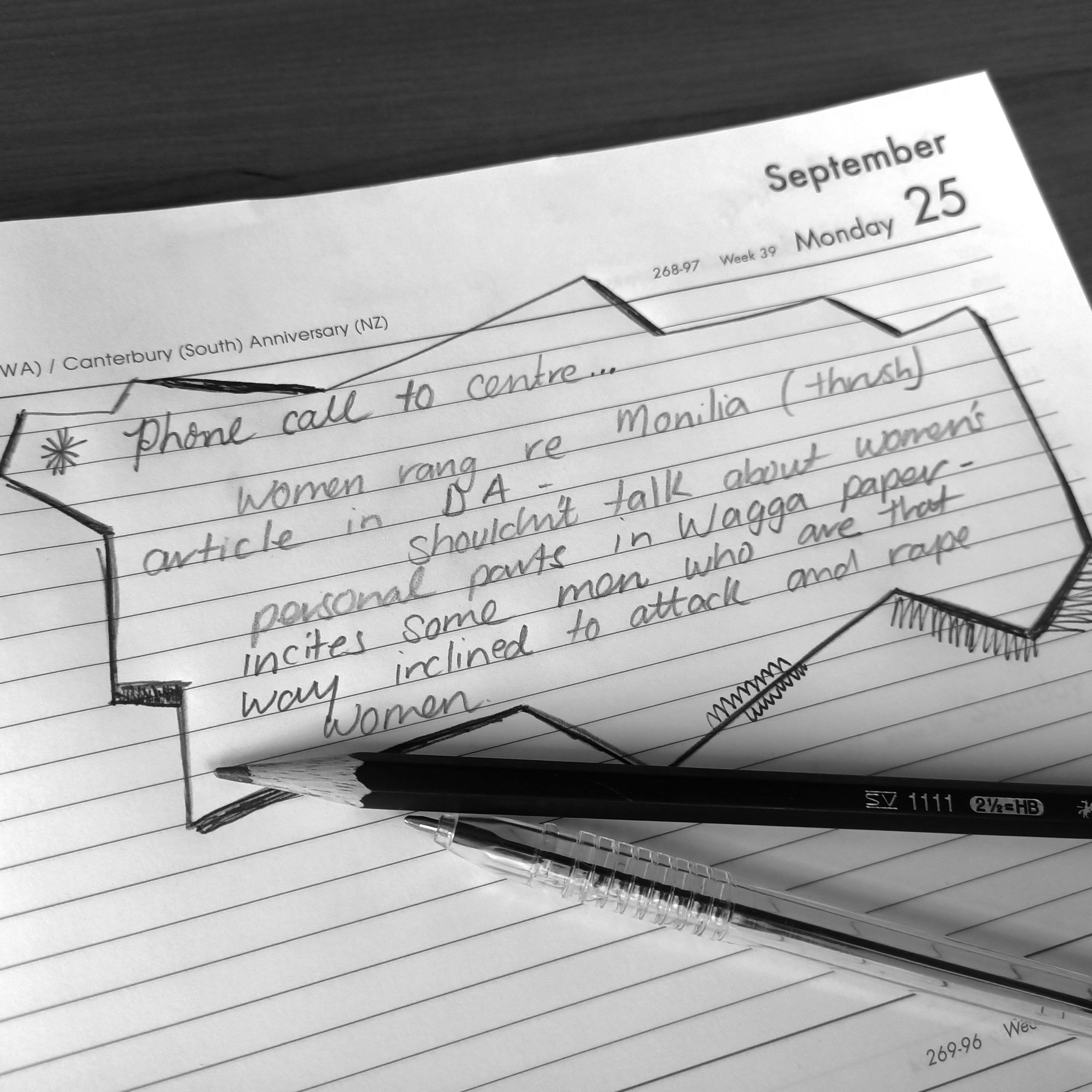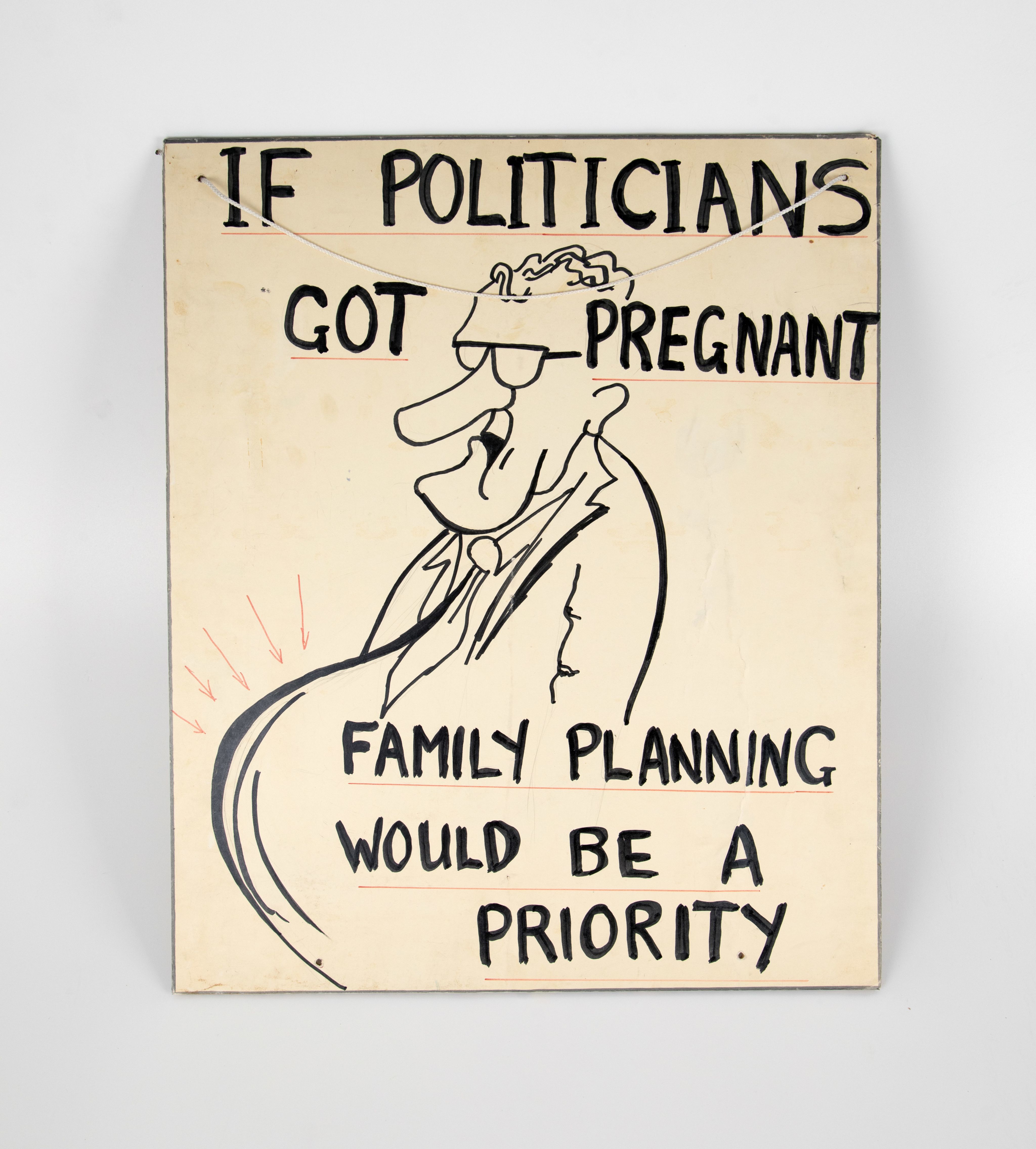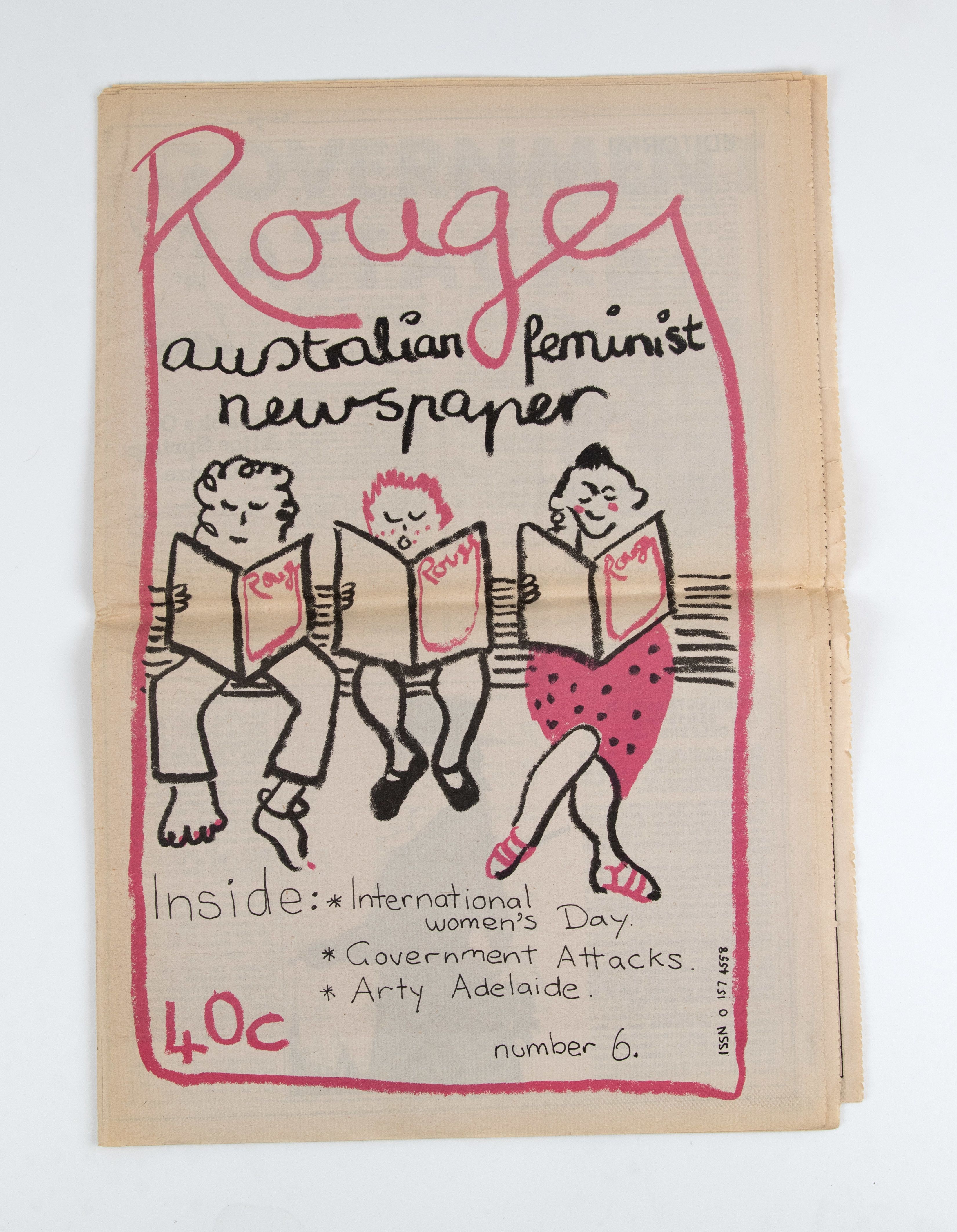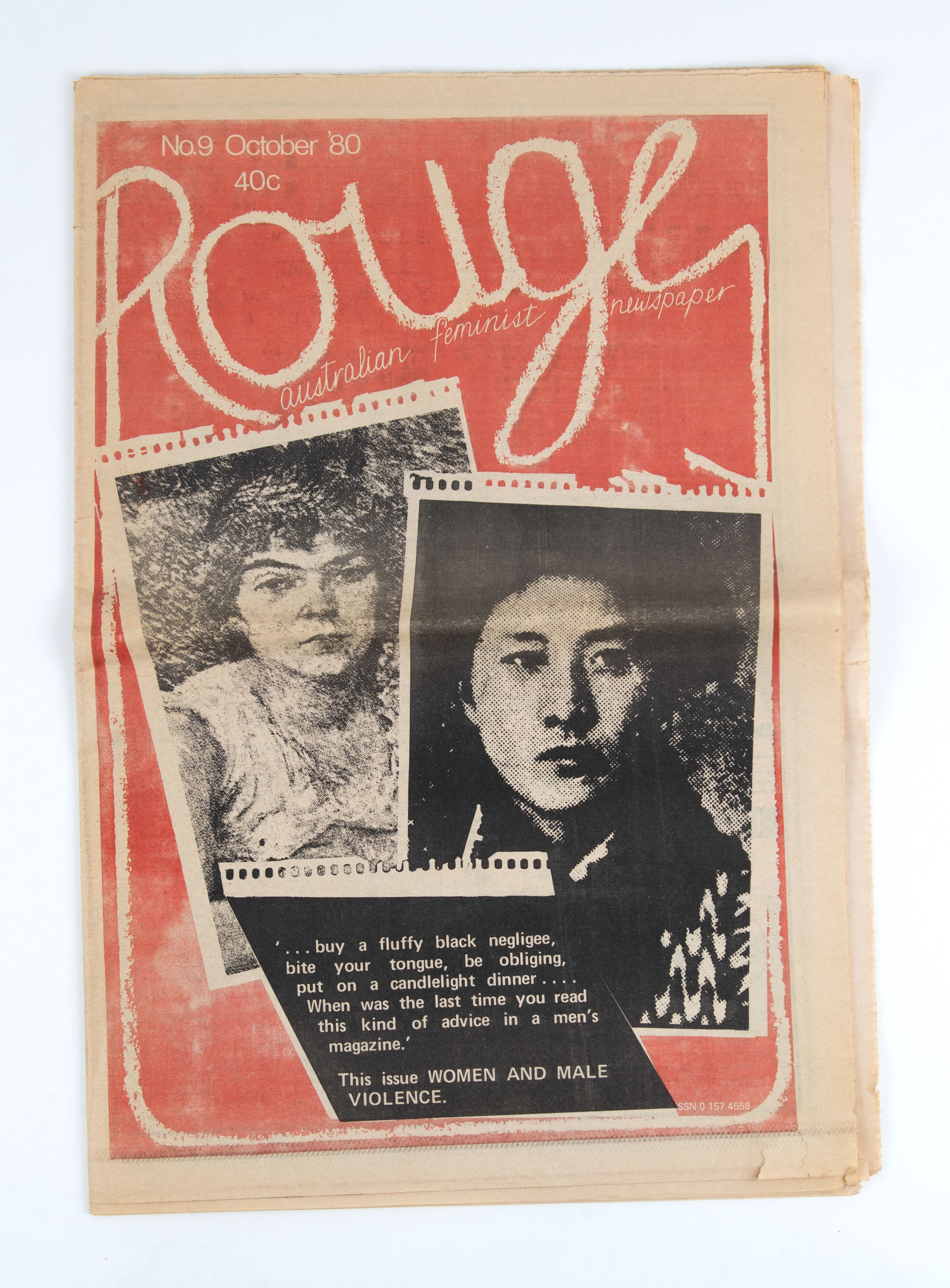Realising the Centre: 1978 onwards
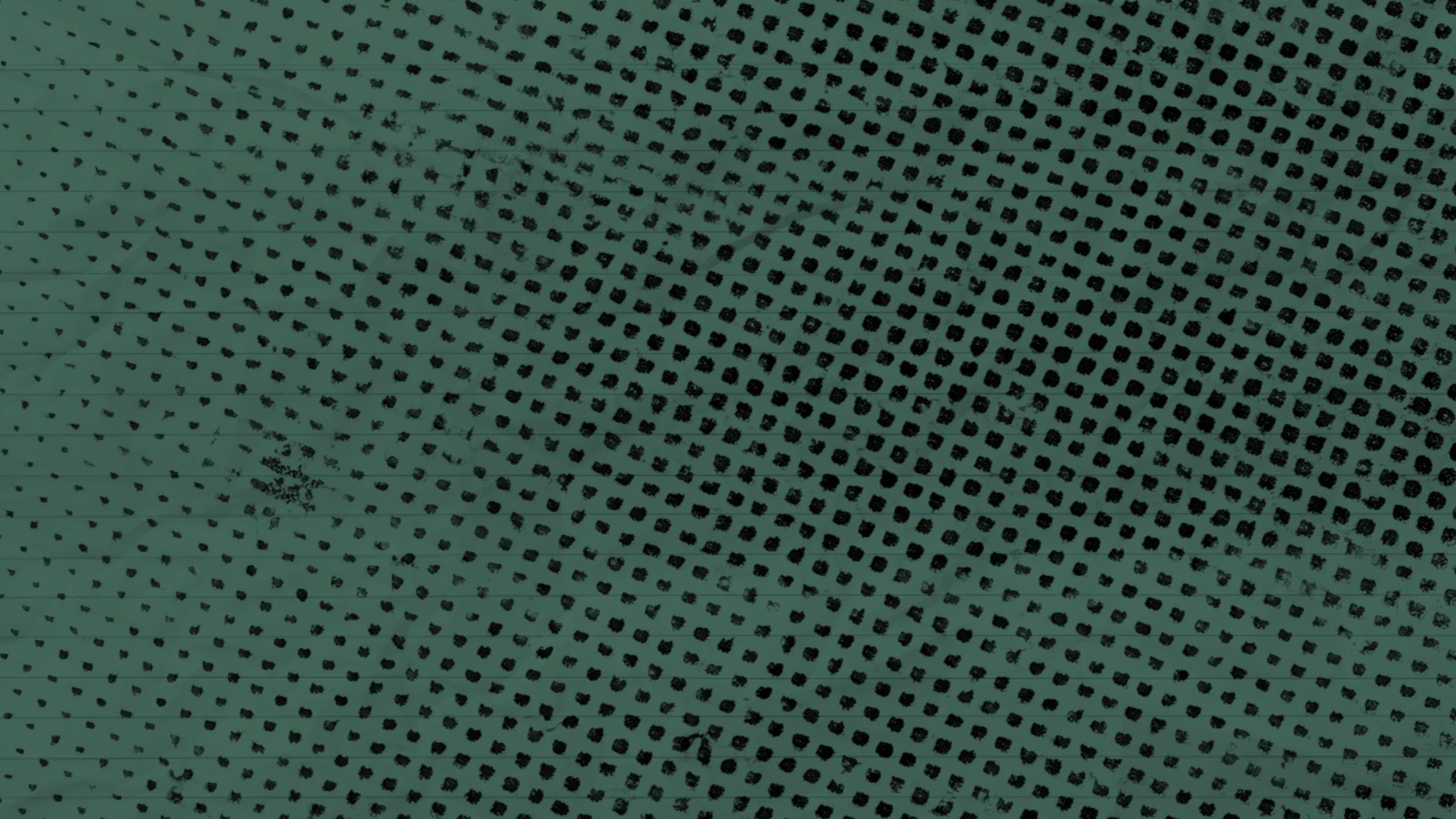
When we opened, for the first six years, no one was paid by the Centre for any of their work because there was no funding. When we’d gone through all this process of trying to convince the system that we needed this Centre and we were looking for some funding, we just assumed that that would come and then we’d employ some people to work.
Everyone said it’s a wonderful idea but there’s no money, so what did we do? We just said, “oh well, we’ll do it ourselves”
From 1979, the Centre operated on the "pledge system" or community subscriptions. This covered rent, phone, electricity and employed one full-time worker. Twelve additional women provided voluntary services for the Centre.
At its final public meeting in April 1979, the Investigative Committee was authorised to seek financial support from the community, to obtain premises and call the formation meeting of the Women's Health and Support Centre. A house was found, and a 12-month lease was signed. The rent was $45 per week.
1979
The Centre Opens
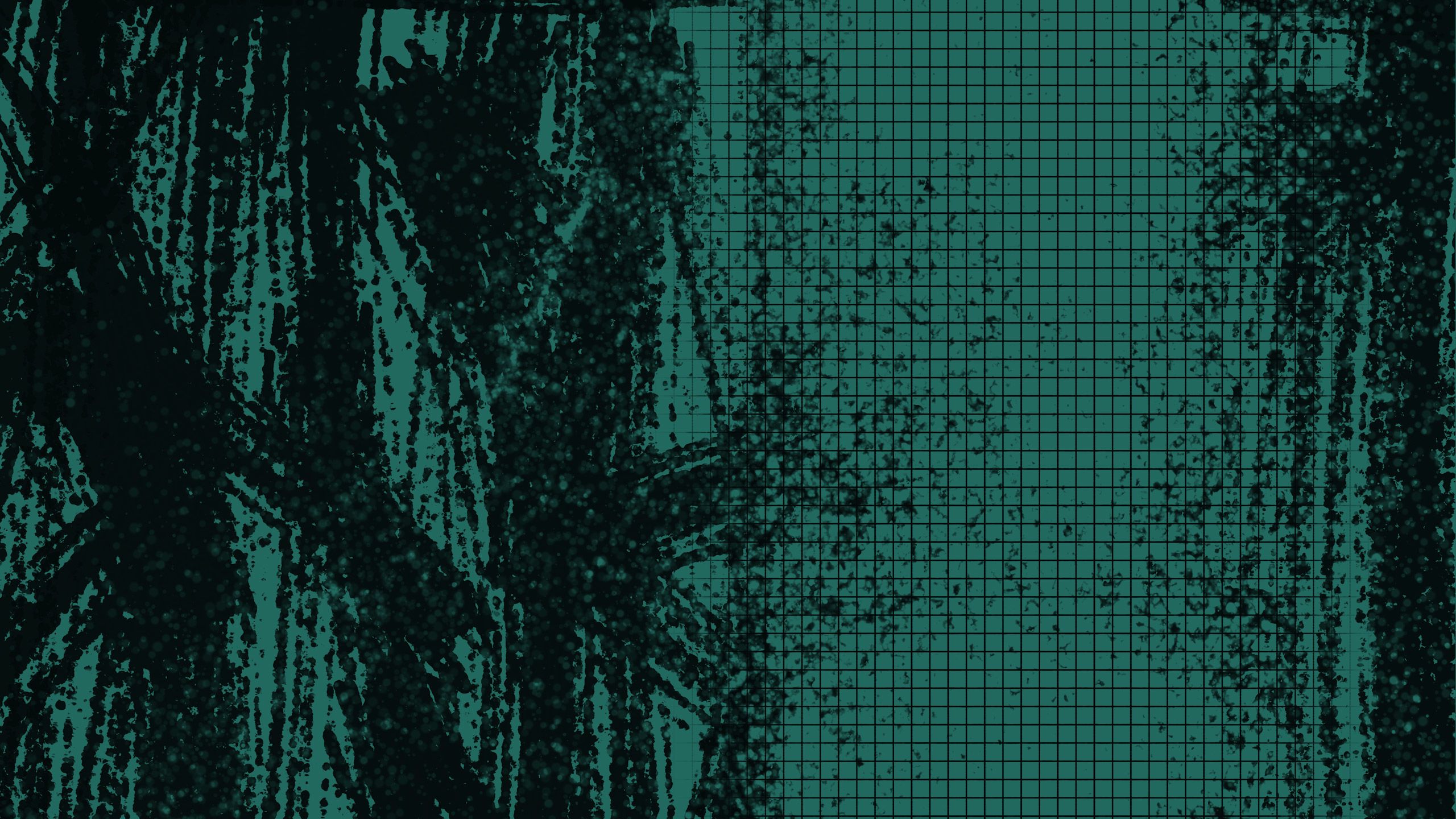
The house was in a very run down state, had no hot water and an outside toilet, but it was ours! The Formation Meeting of the Women's Health and Support Centre was announced in the local paper for 2 pm Saturday 2 June, 1979, at 131 Edward Street, Wagga. We had arrived!!
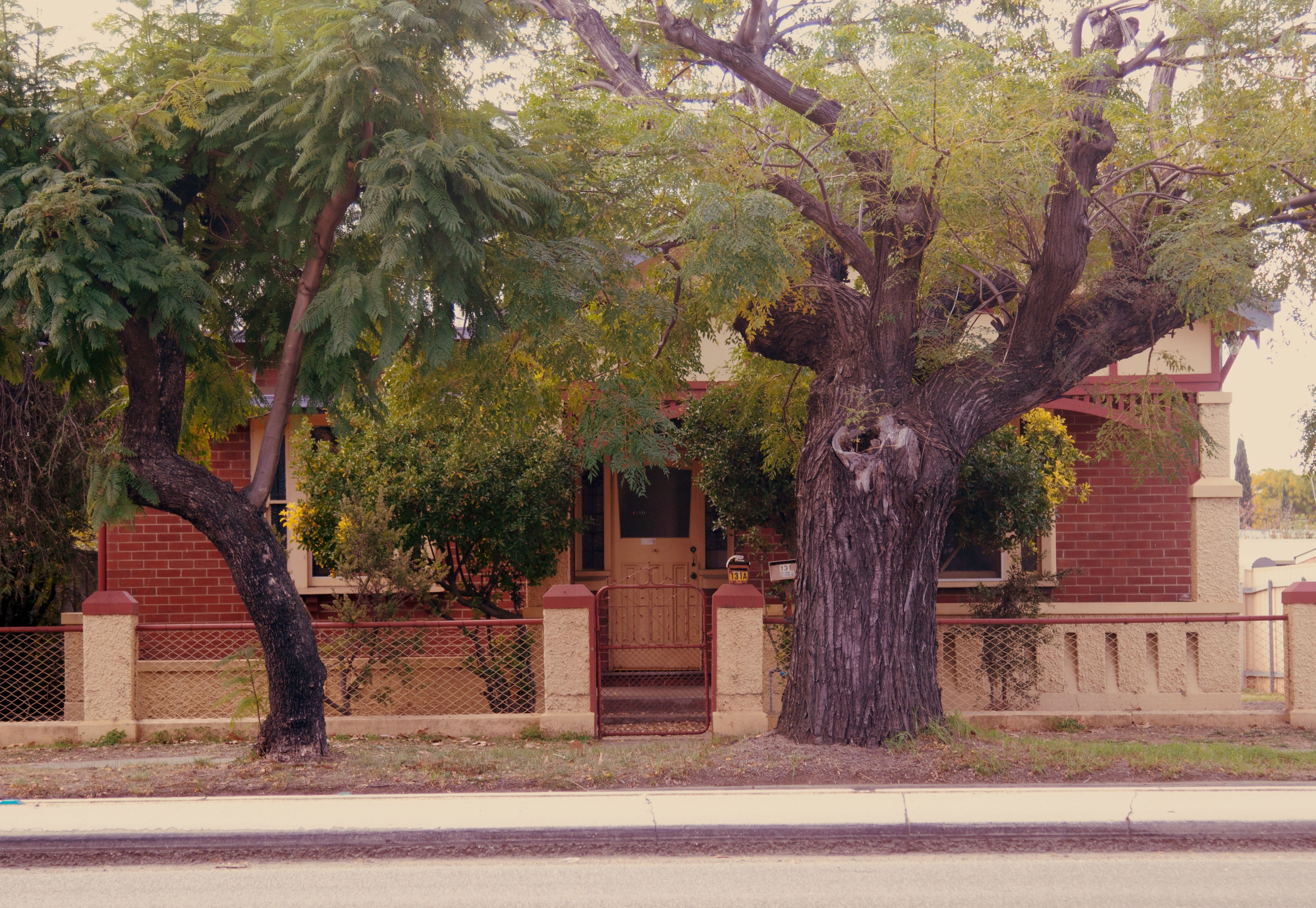
Within 18 months of opening, the number of people using the services increased dramatically. Individuals and groups were using the Centre for:
- Preventative health measures
- Counselling and referral services
- Library resources
- Drop-in facilities
- Legal information and referral
- Pregnancy testing with back-up referral
- Support for women in crisis.

A picture emerged of women’s health issues in Wagga Wagga…
I think initially one of the things that overwhelmed me when we started up the very first Centre was the number of young pregnant schoolgirls, and what to do about that. It was a real dilemma.
And domestic violence - on the very first day we opened there was a woman who came into the Centre and she was fearful for her life. There was a Women’s Refuge in Wagga, but it was run by St Vincent de Paul. It was run on a very patriarchal model, where there was a house mother and the women that came in were sort of under the control of the house mother, and there was no sense of empowerment of the women in that. It was basically providing, and that was a step, a safe place for that person to be, but the woman wasn’t being empowered to challenge the system that had led her to be there. And because it was a church organisation, it wasn’t questioning the patriarchy at all!
As a collective, the women at the Centre built up their knowledge, education, experience and confidence.
We expanded our own systems and challenged the hierarchical structures of authorities.
...services were provided in a very informal way, because part of our philosophy was that any woman could make decisions about their body. We worked as a collective, there was no sense of hierarchy. A woman was always an equal part of whatever was happening. There was none of this ‘there, there, we know what’s best for you’ sort of thing. The philosophy was that whoever came in to our centre was equal with every one of us. That was a very, very important part of it, and we didn’t pretend that we were experts. We were on their side. That was the most important thing’.
And as an unfunded collective with “radical views,” there was freedom of choice and the informal nature of the group provided great flexibility.
We were a radical, grass-roots movement. We were not answering to anyone but ourselves. We were free to dream and plot and create utopia.
1980s
That's Not My Name

We were seen as very, very radical, and as being very subversive!
We were so, so out there. But we were also unaware of the flak that we would get.
Anti-family, anti-anything and everything, anti the patriarchy. We used those terms in those days. Later on, we stopped using them because people found them a bit…too full on or…?
…the list of insults that were used were ”family breakers, lesbians, the hairy legged, hairy armed brigade, overall wearing brigade”.
… many of the women had very supportive partners, and yet the label that was often used was lesbians, as though that was the most terrible thing you could be called.
The Centre had its fair share of enemies:
We had one particular man who made it his lifetime challenge to get rid of us and wrote endless, endless letters to the paper about how horrible we all were.
And we “did abortions in the backyard”.
“Blood dripping off the steps!”
He still writes the occasional letter, but he’s given up on the Women’s Health Centre.
But the funny thing was, along the way, his wife came to the Centre wanting to have advice about divorce!

The Centre also contributed to the Lifestyle column in The Daily Advertiser which published articles on controversial topics such as women's rights, health, issues and sexuality.
The Centre’s contributions to The Daily Advertiser were unceremoniously ended after an article about the use of condoms incited a rush of phone calls to the editor with complaints along the lines of,
"if you allow young people to read about this sort of thing you will encourage them to go out and have sex willy-nilly!"
We received no word of this flak from the editor. Instead, when we submitted our next monthly piece, it just wasn't printed.
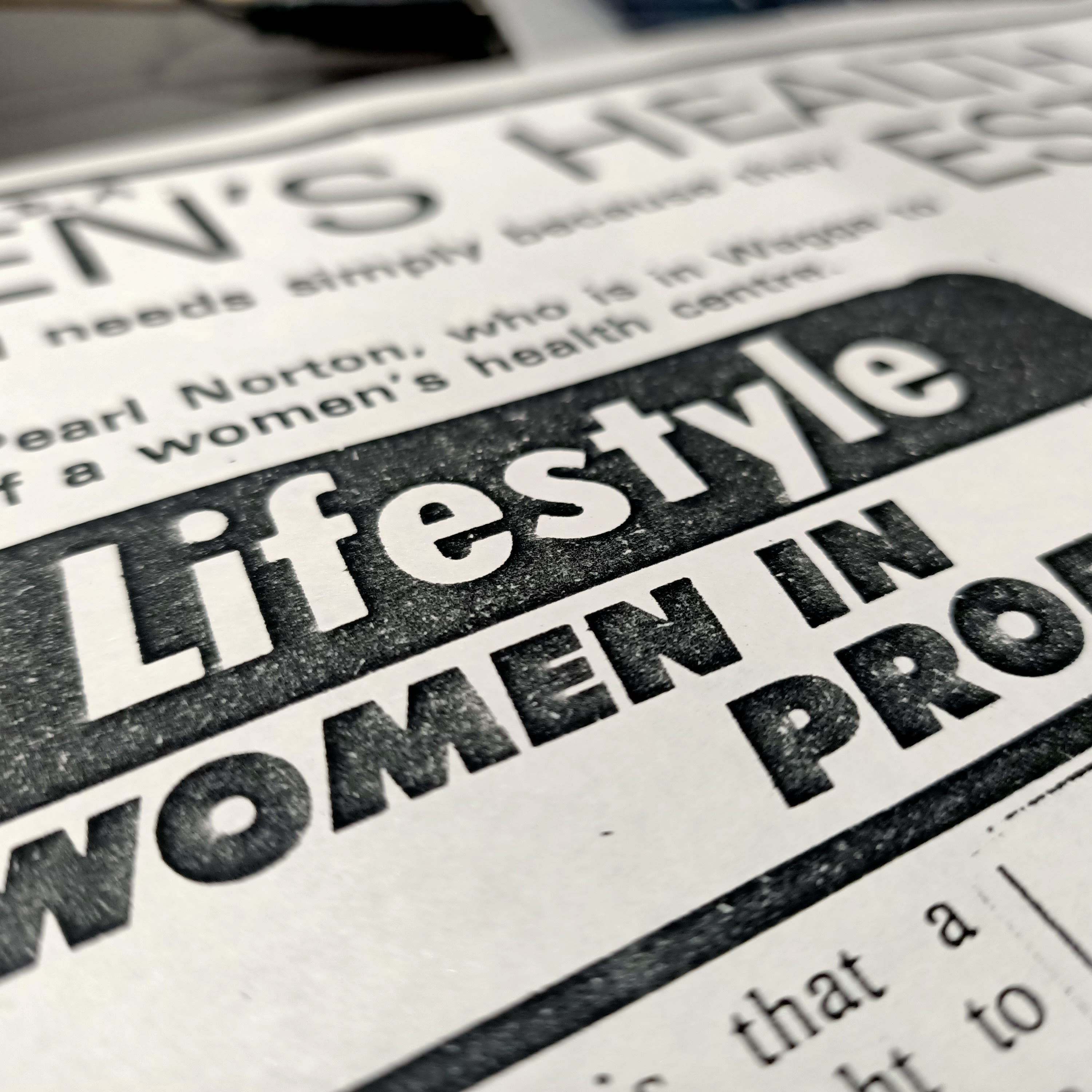
If Politicians Got Pregnant

The Centre was starting to feel the effects of no external funding beyond the community subscriptions. The women of the Centre wrote to the NSW Department of Health requesting financial assistance.
Dear Minister,
From June of this year, we have had no income and our funds are almost gone…time is running out on us and we are most anxious to know if there is any chance of our achieving Government funding. We therefore ask if you could investigate our position and make this information available to us when you visit Wagga in November. We would very much like the opportunity to put our case before you on this occasion… If you have the time, we would be particularly pleased to have you visit our Centre or if this is not possible, we ask that you receive a delegation from our Centre.
Local Labor Party representative and the Minister for Health, Mr. Kevin Stewart, was invited to the Centre to discuss the dire funding situation.
In preparation for the meeting, the group decided they would try just about anything to secure the Minister's support.
It was agreed to try something different:
Dress the part, look proper, bring the children in their Sunday best.
And…
…don’t forget your twin sets and pearls!
That day, the women and children waited…
and waited...
Finally, the minister arrived, with his sheepish entourage...
…he plonked himself into a chair at the head of the table in the tea room of the Centre.
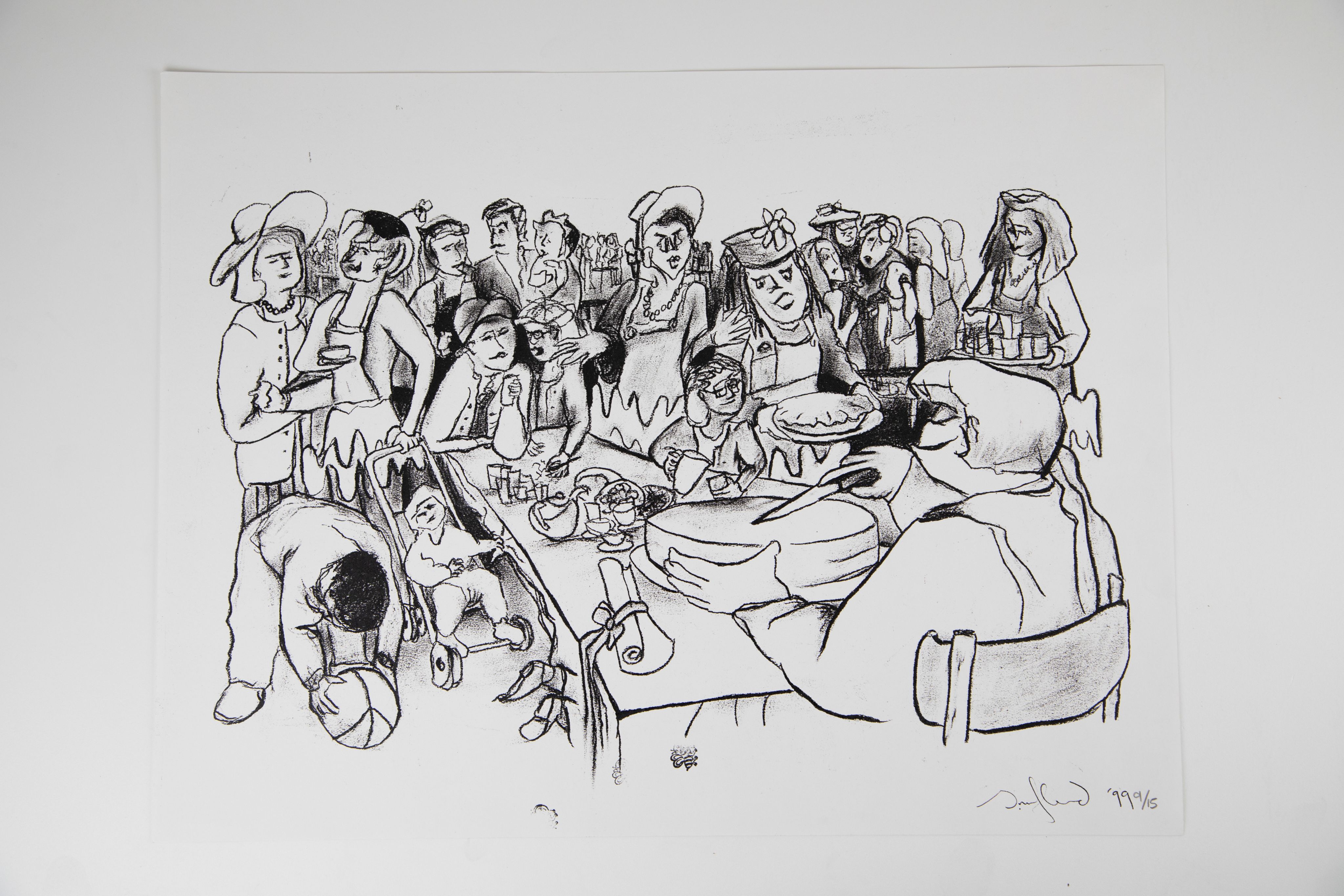
I can see you’re not like that "overall brigade" in Sydney; that you’re nice ladies, mothers and wives.
The Minister went on to say he would find “a few coins at the bottom of the till” for the Centre. Months later, they accepted a life-changing $2000. It was the first decent amount of funding they had received since opening.
This was our blood money.

Beauty for the Beast
Another example of straying, this time far away, from our feminist principles for the sake of the mighty dollar.
The Miss Wagga Wagga Quest was first established in 1948 as a community fundraising event. Each entrant spends six months raising money for a local charity of their choice. It was not solely a beauty contest, but a way young, single women could contribute to their community and gain poise, confidence and public skills.
There were two 'Miss Wagga's', the charity one (the young woman who raised the most money) and the 'real one' (judged on her suitability to be an ambassador for Wagga), not on how she looked, although pose and grooming were part of it!!!
In 1980, the Wagga International Club invited the Centre to be co-beneficiary of funds raised by their entrant in the Quest.
This was an important opportunity for the Centre, proving they were considered a worthy group in a conservative community, and support a club that promoted goodwill for people of different ethnic and cultural backgrounds.
However, there were concerns about being associated with a quest that focused on women's physical appearance and was only open to single women.
Some of the members of the Centre thought the positives of the relationship far outweighed the negatives, but there was some scepticism about being associated with the Quest. And it sparked a heated and passionate debate.
If we accepted the offer, we would have more time to do what we were there for …. If we had this money we might be able to pay for more suitable premises or at least get hot water connected.
If we are dying of thirst, do we cut our own throats and drink the blood?
In the end, they went with a majority decision, bending the rules on their feminist principles, and learnt to live with their resolution. They received a generous $1139 for their involvement.
If only we could keep the whole thing quiet and ensure our sisters in Sydney did not find out about it!
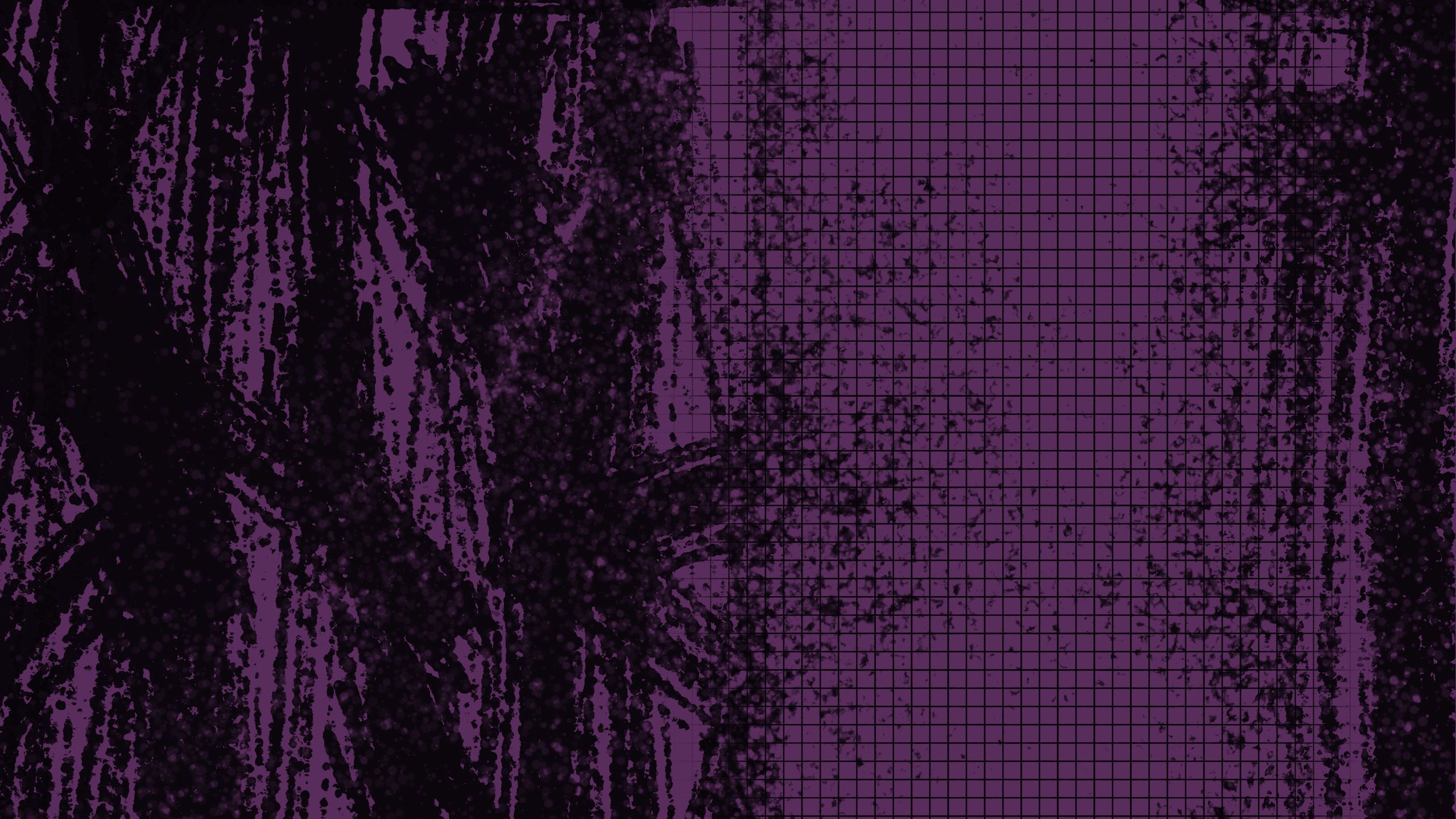
Do the Right Thing, or No Money!

The women in the collective were surprised by what topics caused community outrage. One controversy was a little feminist newspaper called Rouge, which had been sitting quietly in the library of the Edward Street Centre. From August 1979, it came into the spotlight.
From the outset, the collective was prepared for a bit of disapproval about the newsletter.
Letters to the editor stated that it was:
...godless, secular, humanist, Marxist and radical…. An attack on the role of the family and promotion of lesbianism.
It seemed to really hit a nerve:
Disturbing that this letter is so readily available from the newly-formed Women’s Health Centre here in Wagga, or for that matter anywhere.
...[we] assure people that our refuge is managed by women who are exponents of family life as the core of society.
And eventually the situation came to standoff…
Remove It Or Lose It
The Department of Youth and Community Services (YACS) also tried to pull the Centre “into line”...
While the Centre was frantically preparing for a two-day phone survey designed to
cover aspects of assault from rape, incest, wife-bashing, physical violence and child abuse,
YACS had given them an indication that it would provide funding .
Now, that support came with one condition:
Remove Rouge from sale.
The women at the Centre were forced to choose.
Once again we made a fateful decision – one we were to repeat over the years – to compromise our principles for the sake of funding. We removed Rouge, though we still sold it covertly to a selected clientele.
Unfortunately, the promised funding from YACS never came, not even to cover the cost of the phone calls.
From that point in time we became wary of what information went to whom, as we came to realise freedom of speech is not as free as it’s cracked up to be in this country.
We Need To Talk

I don't think anything positive was achieved at this meeting, but I do know it was a memorable one.
Following the public criticism and funding issue with YACS, the relationship between the Women’s Refuge and the Women's Centre had become strained. Both groups played a significant role in the women's movement in Wagga, and it was clear that the relationship needed to be repaired. A meeting was arranged and the Refuge Committee visited the Women’s Health Centre to discuss the Centre’s policies and objectives.
and what about abortion?
Suddenly…
...there was an almighty crash like a lightning bolt from heaven and we all rushed outside to find....
a highly inebriated YACS worker had wiped out this woman’s car.
Call it Karma if you like. I can assure you, it all happened without any curses or spells on our part.
Needless to say, the meeting came to an abrupt end.
From then on, they just pulled their heads in and didn't criticise us any further.
The Centre continued lobbying and submitting funding applications. Over six years, 19 formal submissions to the NSW Government were all unsuccessful. It was a constant struggle to keep the Centre operating. Demand showed that there was a need for women’s health services in Wagga, the women behind the applications were skilled and competent, but any attempts to secure government funding were unsuccessful. And the women were baffled.
By 1984, the consistent lobbying, protesting and the mental load, on top of their own personal lives, was wearing everyone down.
I felt burnt out...
Me too...
We had had enough! We either received funding that paid us, or we remained closed.
The Centre closed its doors in a protest against continued voluntary work. There was no way it could continue. And for three long months the women of Wagga Wagga were without the Centre before their passive protests gained the attention and recognition needed…
On 4 November 1984, the Centre was informed by the Department of Health that it would receive $77,500 in funding for the 1985-86 financial year. The funds were very welcome but did come with unwanted funding conditions. Again, the centre would need to shift how it operated from its collaborative decision making model to a more administrative process with increased government control if it wanted to be funded into the future.
Government funding always has strings.

1985
The Changing World Makes a World of Difference

After six years, the political climate was starting to change. From 1985, funds slowly trickled to the Centre, and there was a growing acceptance within government systems about the importance of women’s health services.
Finally, women in Wagga gained the access to services they so rightly deserved, just like women all over the country. And rather than being just a small, independent and somewhat irrelevant women’s health centre, they were finally acknowledged as
"..feisty feminists in a hotbed of political sedition.”
Why did it take six years? The needs for women hadn’t changed, the community support hadn’t changed, and the lobbying hadn’t changed.
But the world had changed, just a little.

